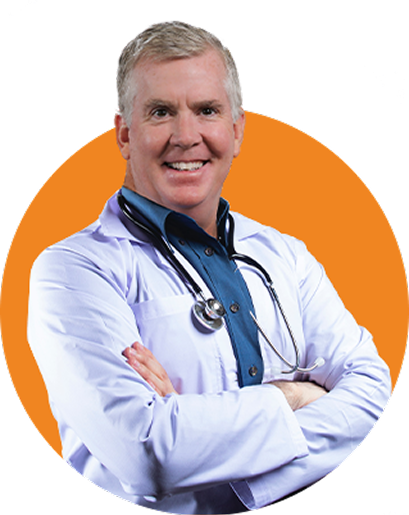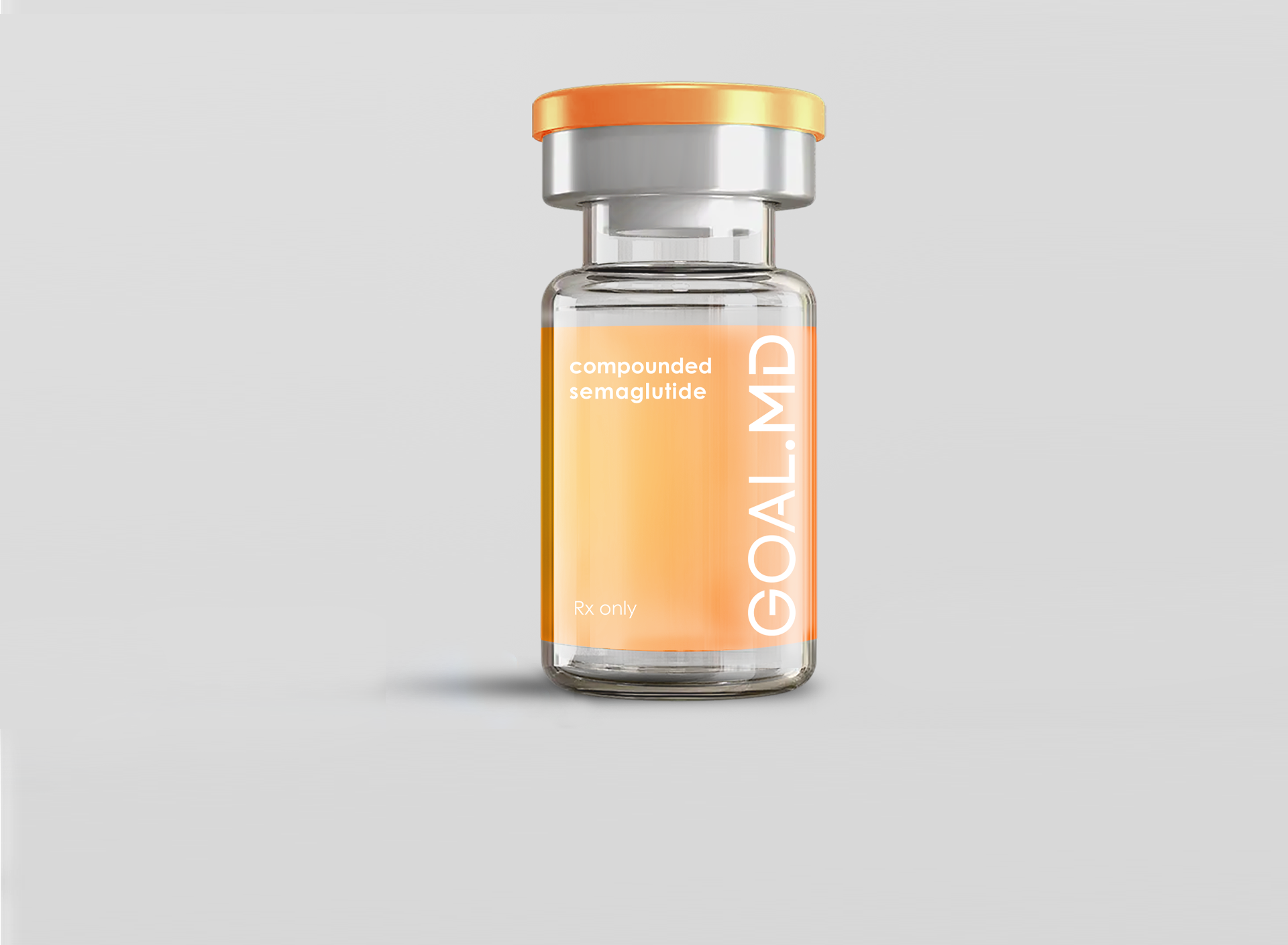
GOAL.MD Health & Wellness Blog
Evidence-based insights, medical weight loss information, and practical tips from our physicians and healthcare experts.

📝 Eating Enough: How Undereating Can Stall Your Progress
When your appetite drops on a GLP-1 medication, it can feel like magic. You’re finally not thinking about food all day, portions are naturally smaller, and the scale might start to move in the right direction. But here’s the thing: less food doesn’t always mean more progress.
In fact, under eating—especially when it becomes a pattern—can slow your metabolism, increase fatigue, trigger cravings, and make it harder for your body to function and heal.
Let’s break it down.
🚫 Why Under eating Happens on GLP-1s
These medications are designed to help regulate appetite and blood sugar. That’s a good thing! But for many patients, especially in the first few months, hunger cues can become almost silent. It can be easy to assume:
“If I’m not hungry, I must not need to eat.”
But the truth is, your body still needs energy, protein, fluids, and nutrients—even if your stomach isn’t rumbling. Appetite suppression is part of how GLP-1s work, but that doesn’t mean your body’s needs disappear. It just means you may need to be more intentional about nourishing yourself, even when hunger cues feel quiet.
⚠️ What Under eating Can Lead To
When you consistently eat too little, you might start to notice:
Fatigue, brain fog, or dizziness
Mood swings or irritability
Muscle loss (especially if you’re low on protein)
Slower weight loss or plateaus
Trouble sleeping
Increased cravings (especially for sugar or carbs)
None of these are ideal when your goal is to feel better and support long-term health.
🧠 Food = Fuel, Not Just Calories
You’re not just eating to hit a number on the scale. You’re eating to:
Fuel your brain and mood
Support metabolism and hormones
Maintain muscle and strength
Help your gut function properly
Stay hydrated and energized
When you consistently meet your body’s needs—even in smaller portions—you’ll feel better, recover faster, and keep progressing in a sustainable way.
✅ Signs You Might Not Be Eating Enough
Skipping meals or forgetting to eat
Eating less than 800–1000 calories per day for several days in a row
Not hitting protein or hydration goals
Feeling faint, tired, or “off” but not recognizing it as hunger
If any of these sound familiar, it’s worth doing a quick check-in.
💡 What You Can Do
Start by asking yourself:
Am I eating at least 2–3 meals per day?
Am I getting enough protein, even if my portions are small?
Am I listening to my body’s needs, not just its hunger?
Sometimes, setting gentle reminders to eat or planning small, nutrient-dense meals can make a big difference. (And that’s something I help my coaching clients do every day!)
💬 Final Thought
Eating enough isn’t about “eating more just to eat.” It’s about supporting your body so it can support you—through fat loss, healing, and a more energized life. If you’re not sure what “enough” looks like for you, that’s where coaching can help.
Your body’s working hard behind the scenes. Let’s give it what it needs.

Why GOAL.MD?
✅ Sourced from audited 503a US compounding pharmacies.
✅ Custom dosages adjusted to your needs.
✅ Free consultation + 24/7 support.

How It Works
1. Quiz
90 seconds. No commitment.
2. Consult
Video chat with your GOAL.MD doctor.
3. Deliver
Meds at your door tomorrow.
Transform Your Life with Physician-Directed Care
Join thousands who've found success with physician-directed care. Take our 3-minute quiz to see if medical weight loss is right for you.







